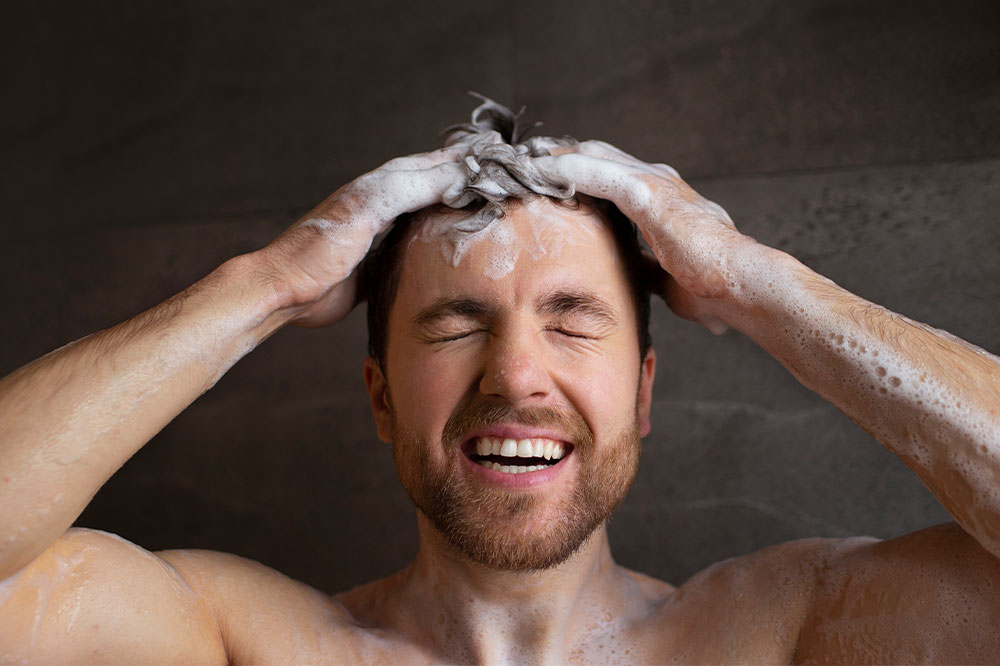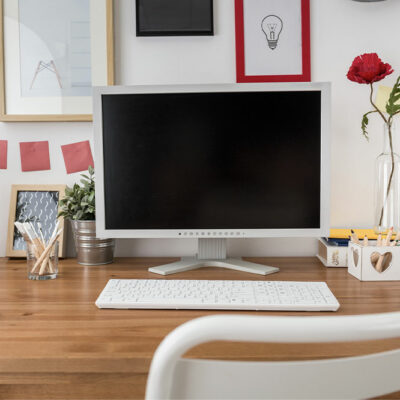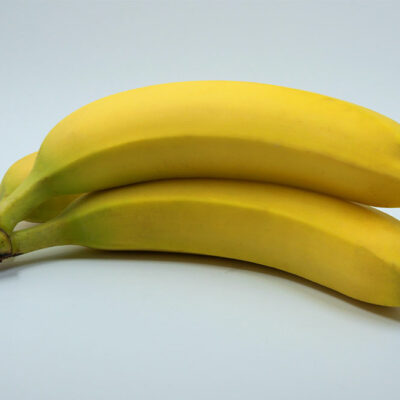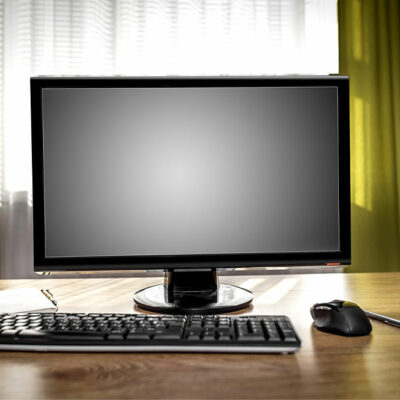
9 common mistakes to avoid while showering
People usually shower in the morning or right before bed. As it is an everyday activity, one probably does not think too much about showering. After all, it is a pretty simple process. Nevertheless, one needs to follow key steps and avoid lapses to ensure that the skin is completely clean and is not damaged or dry after a shower. So, here are a few common mistakes to avoid while showering:
Spending a lot of time in the shower
One of the most common causes of dry and itchy skin is taking hot showers for a long time. It may feel relaxing to spend a lot of time in the steam of hot showers. But this can damage the skin’s natural moisture barrier, making the skin unable to lock in enough hydration leading to dryness. So, when taking a hot shower, one should make it as brief as possible. Spending about 5 minutes is more than enough.
Showering too often every day
For those living in humid climates, taking a shower twice a day can help regulate the body temperature and deal with excessive sweating. Unless one is grimy or sweating, such as after a workout, showering once a day is enough under normal circumstances. Showering too often will have the same side effect as spending too much time in a warm shower. It will strip the skin of its natural oils and damage the natural moisture barrier, causing dryness and itching. In addition, the skin will become more prone to infections.
Not replacing loofah or washcloth regularly
Loofahs and washcloths are breeding grounds for a lot of germs and bacteria. So it is important to put the washcloth in the laundry after using it about three to four times a week. One should wash them in hot water with liquid soap to get rid of the musty smell, soap buildup, and accumulation of bacteria. When using a pouf or loofah, it is important to swap them for new ones every four weeks. Alternatively, an environmentally friendly solution is using recyclable poufs or loofahs, typically made from organic hemp, organic cotton, or gourd in the cucumber family.
Using harsh products
Most people like to stick to the same bathing products for years. If one has tried and tested a lot of products and has figured out what works well for them, then one does not have to change them. However, it does not hurt to check the ingredient list. One should look for chemicals that can potentially make the skin or scalp dry, leaving it prone to infection. From shampoos to body washes, conditioners, hair masks, and scrubs, one should ensure all the products on the bathroom shelf are gentle on the skin.
Not washing towels often
It is a misconception that one does not need to clean towels often. Most people tend to think that as they are practically clean after a shower and are using the towel to just dry themselves, the towel does not get too dirty. Even if the towel does not seem dirty, a damp cloth is home to germs, from bacteria to yeast and viruses, which can cause several problems, such as athlete’s foot, warts, toenail fungus, and jock itch. So, it is important to wash towels once a week and replace old ones. Further, after every use, one should hang the towels to let them dry completely.
Overlooking correct usage of loofah
Using a loofah or a washcloth is not complicated; however, one should avoid using such bathing accessories aggressively, i.e., exerting too much pressure while rubbing them against the skin. Rubbing them vigorously can cause irritation on the skin’s surface. Further, doing this frequently can cause skin inflammation as the surfaces of loofahs and washcloths are abrasive. So, one should be gentle with a loofah and just glide them over the skin to get rid of dead skin cells, debris, and dirt in the most effective manner without causing any damage to the surface
Soaping up before shampooing
For those with complaints of skin irritation and acne, this is one of the top mistakes one must avoid while showering. To prevent aggravating breakouts and acne, one can follow this simple regimen: shower, rinse it off, and apply the hair conditioner. Follow this by soaping up the body and then rinsing off the body wash and conditioner at the same time. This will help get rid of any excess shampoo or conditioner residue from the skin under running water. Shaving can be the last thing to do (if one is planning on it), as the steam, heat, and water will make the hair on the skin softer, making it easier to shave.
Washing hair too often
Even if one has an oily scalp, they do not need to wash their hair every day. Those with coarse, curly, or chemically treated hair should also avoid washing their hair too often to keep dryness and frizziness at bay. One should maintain a gap of a few days between washes. If one gets too sweaty or works out daily, they can stick to a regular hair-washing schedule and wash their only when it feels too greasy. This will help maintain the scalp’s natural oil production. Moreover, a regular schedule will help prevent dryness and itching.
Overlooking moisturization
Whether one takes long or short showers, they can expect some amount of sebum stripping. That is, the natural oils on the skin can be stripped off, making it feel dry and itchy. The effect is greater when one takes excessively long showers than ones that last a few minutes. In either case, one should apply a moisturizer immediately after stepping out of the shower. This will help to restore moisture and lock in the necessary hydration.


